Economics →
→
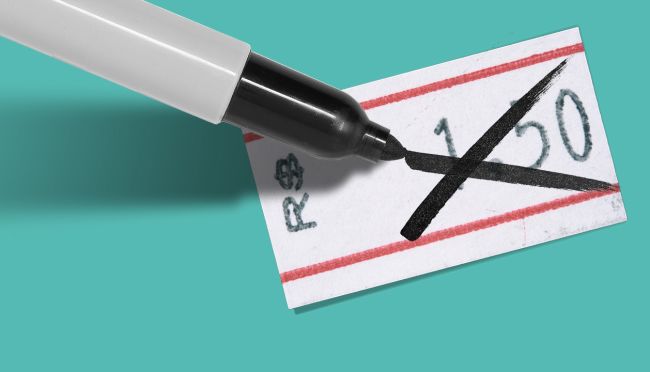
- 01 Apr 2024
- In Practice
Navigating the Mood of Customers Weary of Price Hikes
Price increases might be tempering after historic surges, but companies continue to wrestle with pinched consumers. Alexander MacKay, Chiara Farronato, and Emily Williams make sense of the economic whiplash of inflation and offer insights for business leaders trying to find equilibrium.
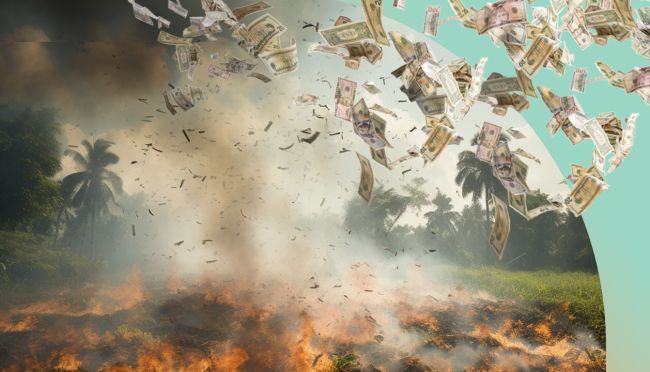
- 29 Jan 2024
- Research & Ideas
Do Disasters Rally Support for Climate Action? It's Complicated.
Reactions to devastating wildfires in the Amazon show the contrasting realities for people living in areas vulnerable to climate change. Research by Paula Rettl illustrates the political ramifications that arise as people weigh the economic tradeoffs of natural disasters.

- 10 Jan 2024
- Research & Ideas
Technology and COVID Upended Tipping Norms. Will Consumers Keep Paying?
When COVID pushed service-based businesses to the brink, tipping became a way for customers to show their appreciation. Now that the pandemic is over, new technologies have enabled companies to maintain and expand the use of digital payment nudges, says Jill Avery.
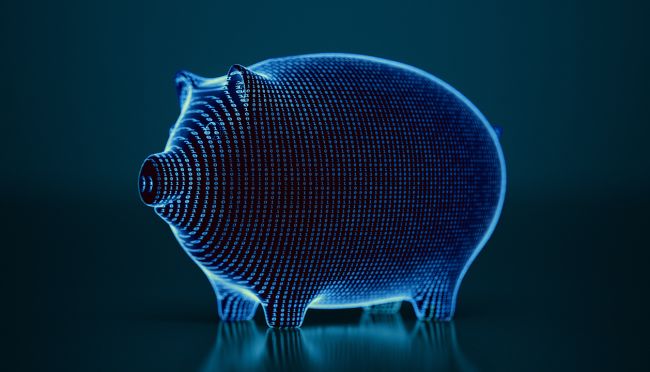
- 17 Aug 2023
- Research & Ideas
‘Not a Bunch of Weirdos’: Why Mainstream Investors Buy Crypto
Bitcoin might seem like the preferred tender of conspiracy theorists and criminals, but everyday investors are increasingly embracing crypto. A study of 59 million consumers by Marco Di Maggio and colleagues paints a shockingly ordinary picture of today's cryptocurrency buyer. What do they stand to gain?
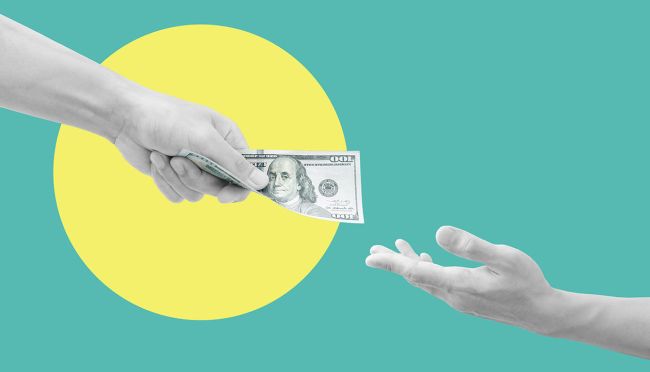
- 15 Aug 2023
- Research & Ideas
Why Giving to Others Makes Us Happy
Giving to others is also good for the giver. A research paper by Ashley Whillans and colleagues identifies three circumstances in which spending money on other people can boost happiness.

- 13 Mar 2023
- Research & Ideas
What Would It Take to Unlock Microfinance's Full Potential?
Microfinance has been seen as a vehicle for economic mobility in developing countries, but the results have been mixed. Research by Natalia Rigol and Ben Roth probes how different lending approaches might serve entrepreneurs better.

- 23 Jan 2023
- Research & Ideas
After High-Profile Failures, Can Investors Still Trust Credit Ratings?
Rating agencies, such as Standard & Poor’s and Moody's, have been criticized for not warning investors of risks that led to major financial catastrophes. But an analysis of thousands of ratings by Anywhere Sikochi and colleagues suggests that agencies have learned from past mistakes.
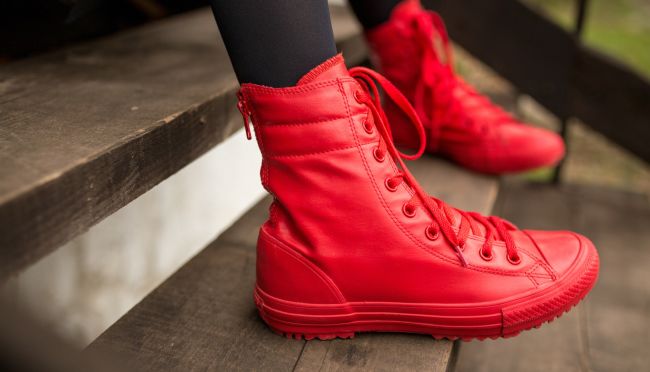
- 29 Nov 2022
- Research & Ideas
How Much More Would Holiday Shoppers Pay to Wear Something Rare?
Economic worries will make pricing strategy even more critical this holiday season. Research by Chiara Farronato reveals the value that hip consumers see in hard-to-find products. Are companies simply making too many goods?

- 21 Nov 2022
- Research & Ideas
Buy Now, Pay Later: How Retail's Hot Feature Hurts Low-Income Shoppers
More consumers may opt to "buy now, pay later" this holiday season, but what happens if they can't make that last payment? Research by Marco Di Maggio and Emily Williams highlights the risks of these financing services, especially for lower-income shoppers.

- 01 Sep 2022
- What Do You Think?
Is It Time to Consider Lifting Tariffs on Chinese Imports?
Many of the tariffs levied by the Trump administration on Chinese goods remain in place. James Heskett weighs whether the US should prioritize renegotiating trade agreements with China, and what it would take to move on from the trade war. Open for comment; 0 Comments.
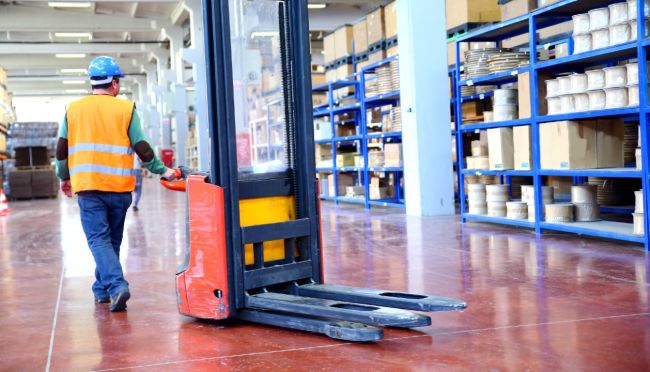
- 05 Jul 2022
- What Do You Think?
Have We Seen the Peak of Just-in-Time Inventory Management?
Toyota and other companies have harnessed just-in-time inventory management to cut logistics costs and boost service. That is, until COVID-19 roiled global supply chains. Will we ever get back to the days of tighter inventory control? asks James Heskett. Open for comment; 0 Comments.

- 09 Mar 2022
- Research & Ideas
War in Ukraine: Soaring Gas Prices and the Return of Stagflation?
With nothing left to lose, Russia's invasion of Ukraine will likely intensify, roiling energy markets further and raising questions about the future of globalization, says Rawi Abdelal. Open for comment; 0 Comments.

- 10 Feb 2022
- Research & Ideas
Why Are Prices So High Right Now—and Will They Ever Return to Normal?
And when will sold-out products return to store shelves? The answers aren't so straightforward. Research by Alberto Cavallo probes the complex interplay of product shortages, prices, and inflation. Open for comment; 0 Comments.
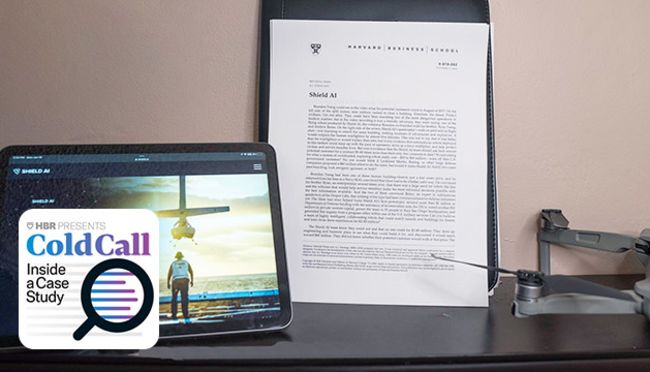
- 11 Jan 2022
- Cold Call Podcast
Can Entrepreneurs and Governments Team Up to Solve Big Problems?
In 2017, Shield AI’s quadcopter, with no pilot and no flight plan, could clear a building and outpace human warfighters by almost five minutes. It was evidence that autonomous robots could help protect civilian and service member lives. But was it also evidence that Shield AI—a startup barely two years past founding—could ask their newest potential customer, the US government, for a large contract for a system of coordinated, exploring robots? Or would it scare them away? Harvard Business School professor Mitch Weiss and Brandon Tseng, Shield AI’s CGO and co-founder, discuss these and other challenges entrepreneurs face when working with the public sector, and how investing in new ideas can enable entrepreneurs and governments to join forces and solve big problems in the case, “Shield AI.” Open for comment; 0 Comments.
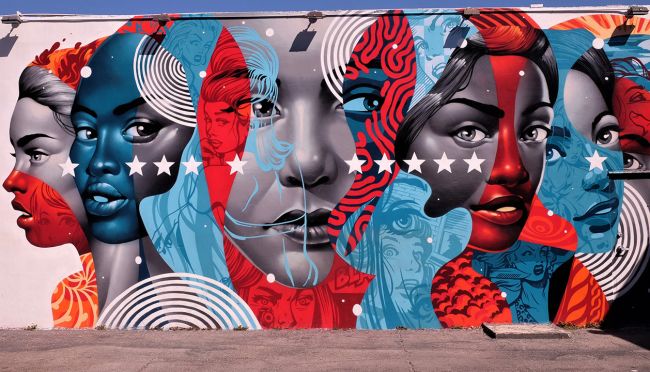
- 06 May 2021
- HBS Case
How Four Women Made Miami More Equitable for Startups
A case study by Rosabeth Moss Kanter examines what it takes to break gender barriers and build thriving businesses in an emerging startup hub. Open for comment; 0 Comments.

- 20 Apr 2021
- Working Paper Summaries
The Emergence of Mafia-like Business Systems in China
This study sheds light on the political pathology of fraudulent, illegal, and corrupt business practices. Features of the Chinese system—including regulatory gaps, a lack of formal means of property protection, and pervasive uncertainty—seem to facilitate the rise of mafia systems.

- 02 Feb 2021
- Working Paper Summaries
Nonprofits in Good Times and Bad Times
Tax returns from millions of US nonprofits reveal that charities do not expand during bad times, when need is the greatest. Although they are able to smooth the swings of their activities more than for-profit organizations, nonprofits exhibit substantial sensitivity to economic cycles.
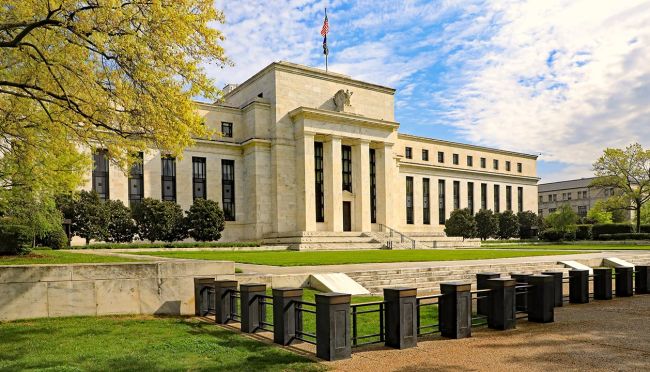
- 01 Feb 2021
- What Do You Think?
Has the New Economy Finally Arrived?
Economists have long tied low unemployment to inflation. James Heskett considers whether the US economic policy of the past four years has shaken those assumptions. Open for comment; 0 Comments.

- 06 Jan 2021
- Working Paper Summaries
Aggregate Advertising Expenditure in the US Economy: What's Up? Is It Real?
We analyze total United States advertising spending from 1960 to 2018. In nominal terms, the elasticity of annual advertising outlays with respect to gross domestic product appears to have increased substantially beginning in the late 1990s, roughly coinciding with the dramatic growth of internet-based advertising.

Why Progress on Immigration Might Soften Labor Pains
Long-term labor shortages continue to stoke debates about immigration policy in the United States. We asked Harvard Business School faculty members to discuss what's at stake for companies facing talent needs, and the potential scenarios on the horizon.